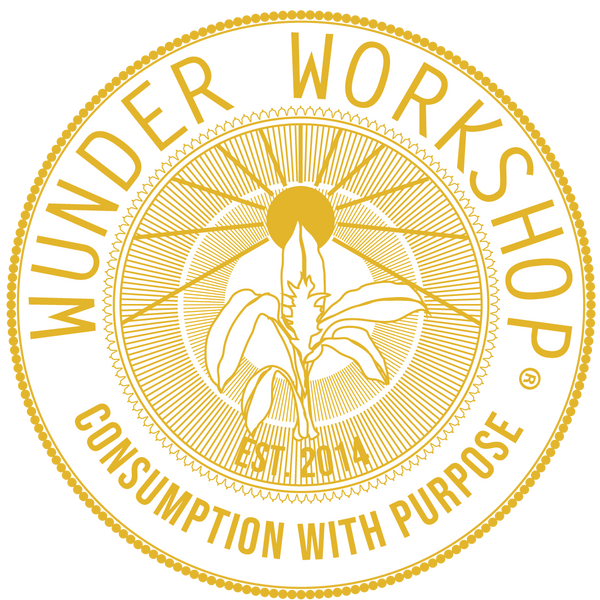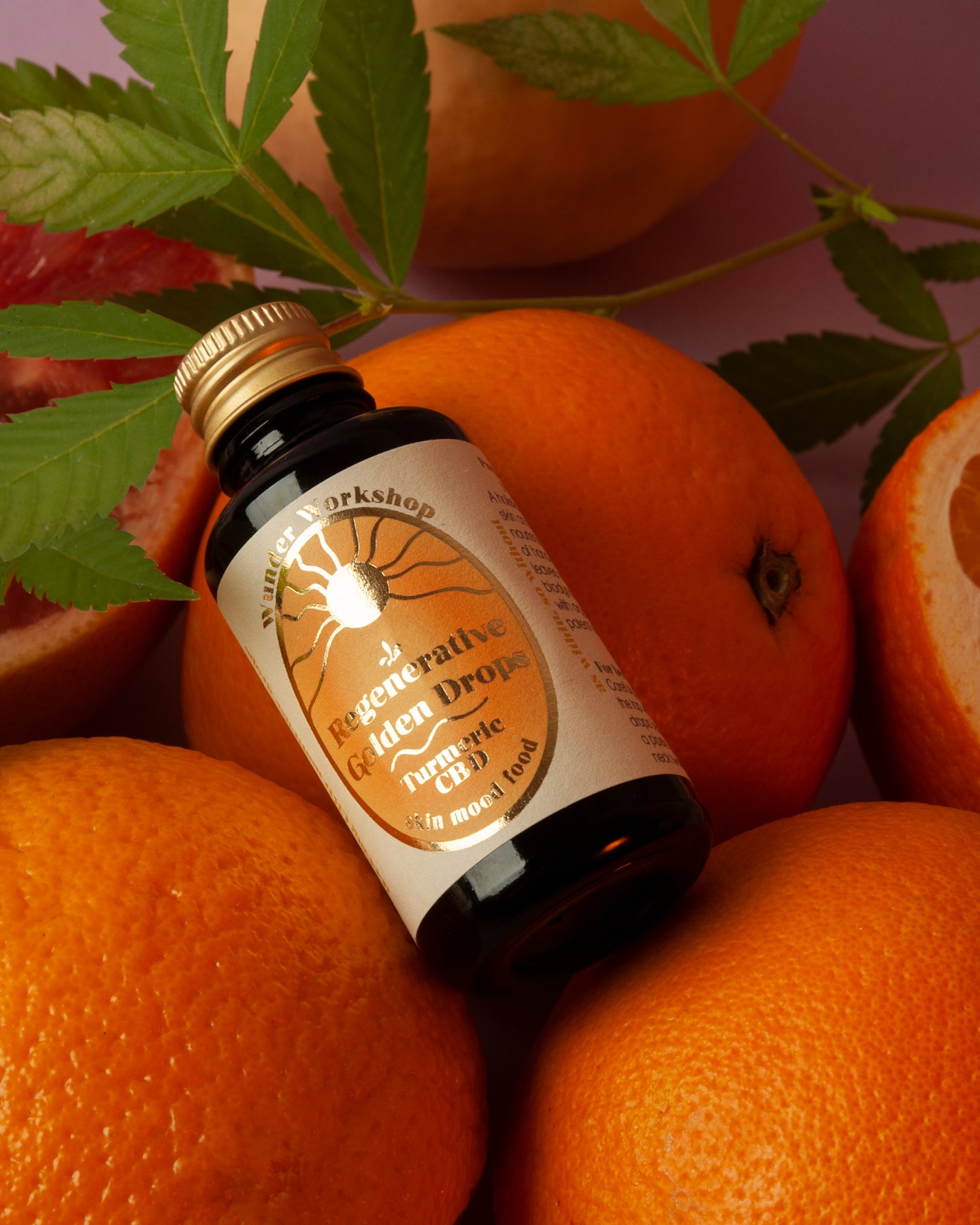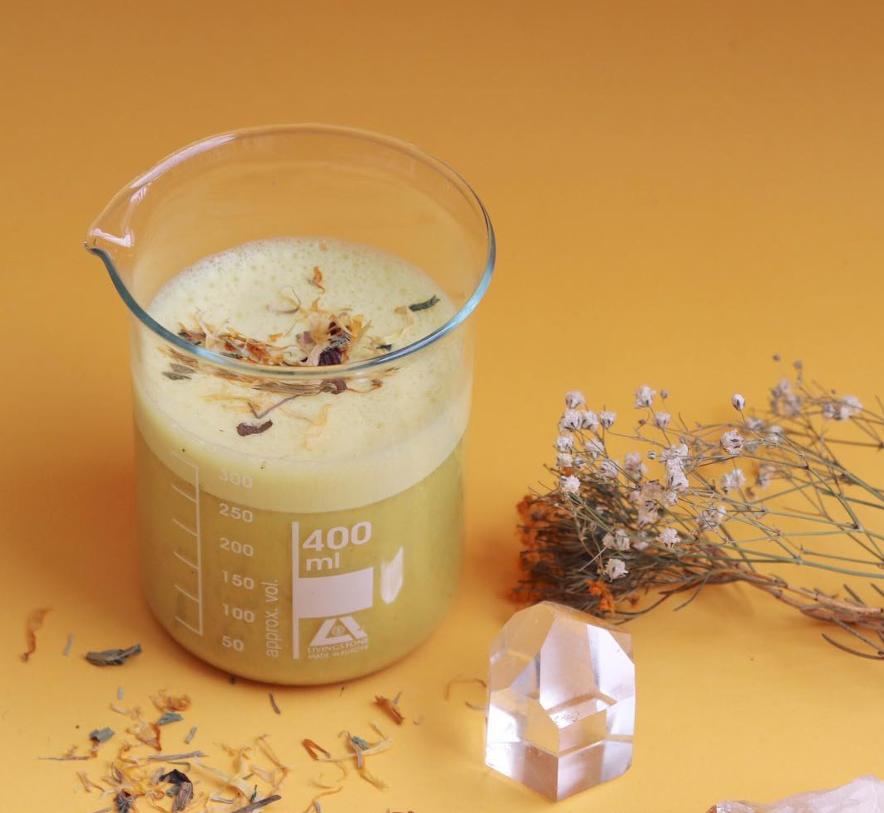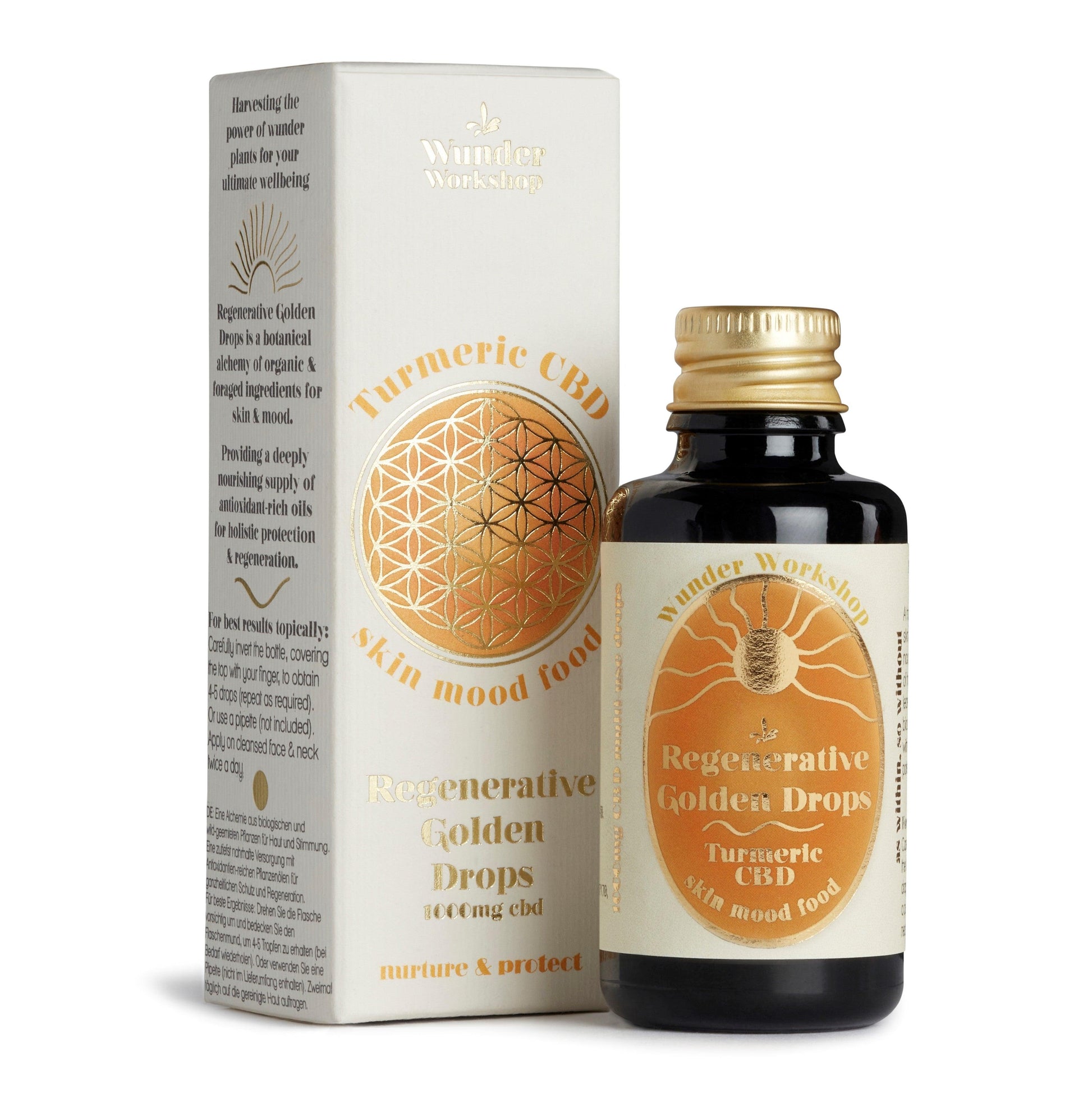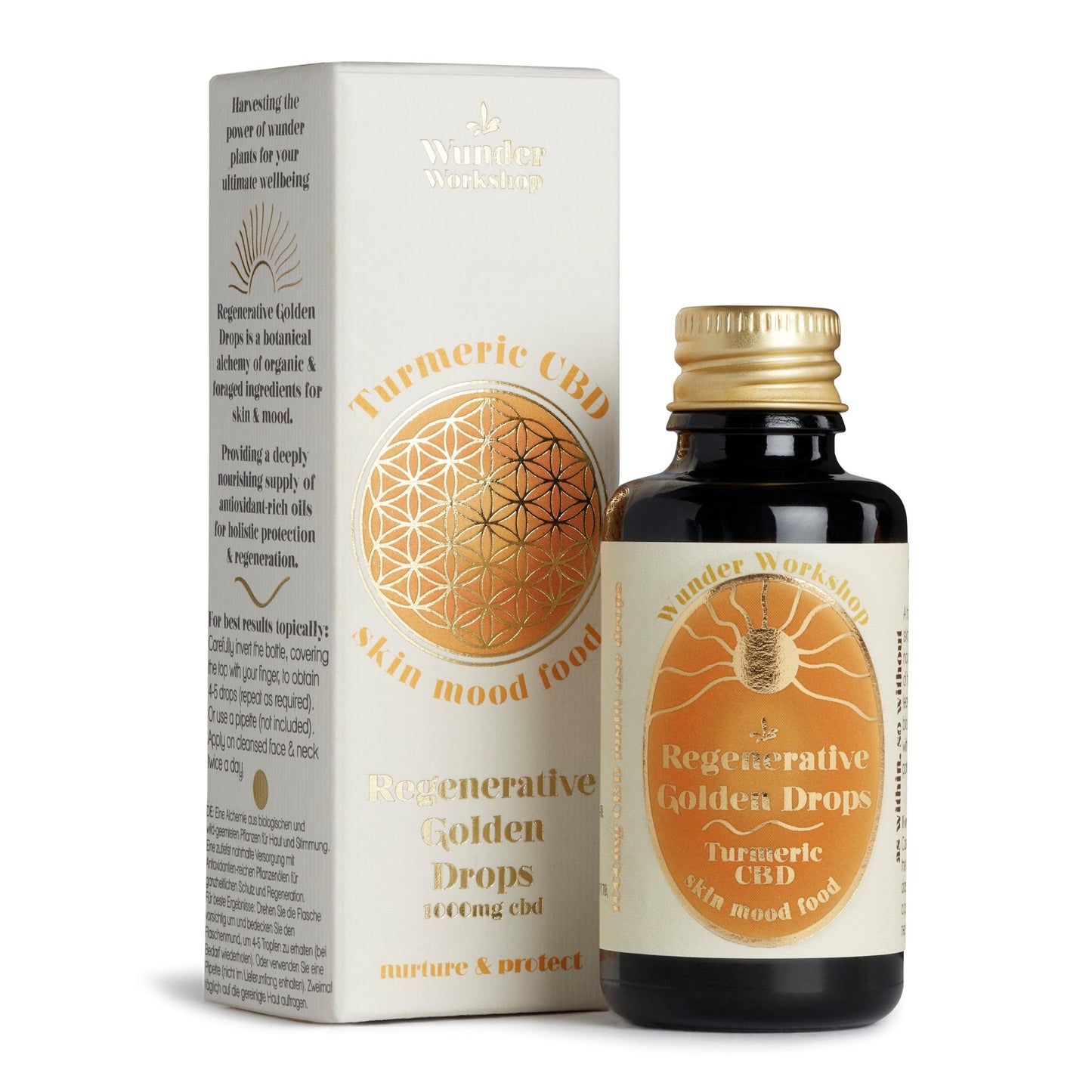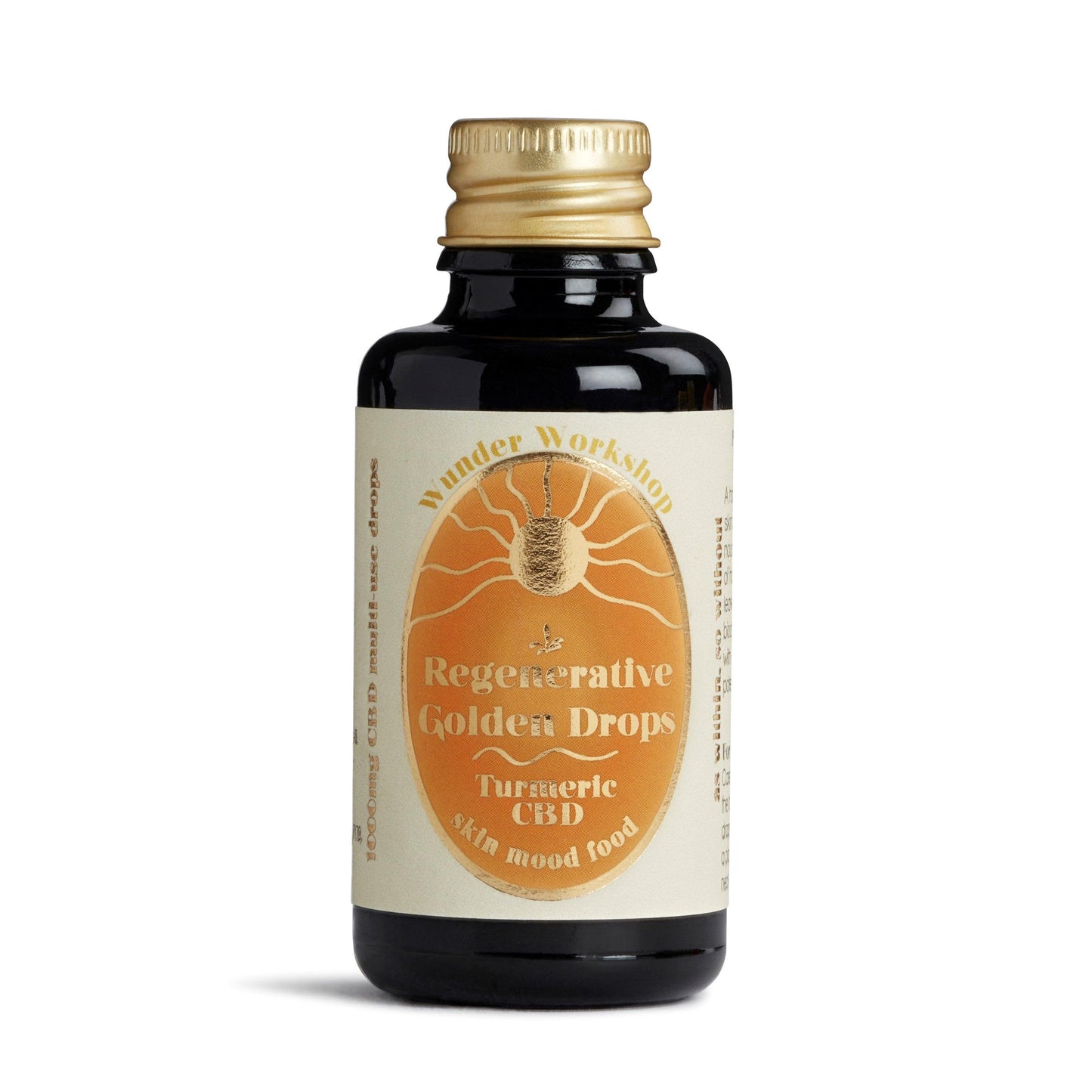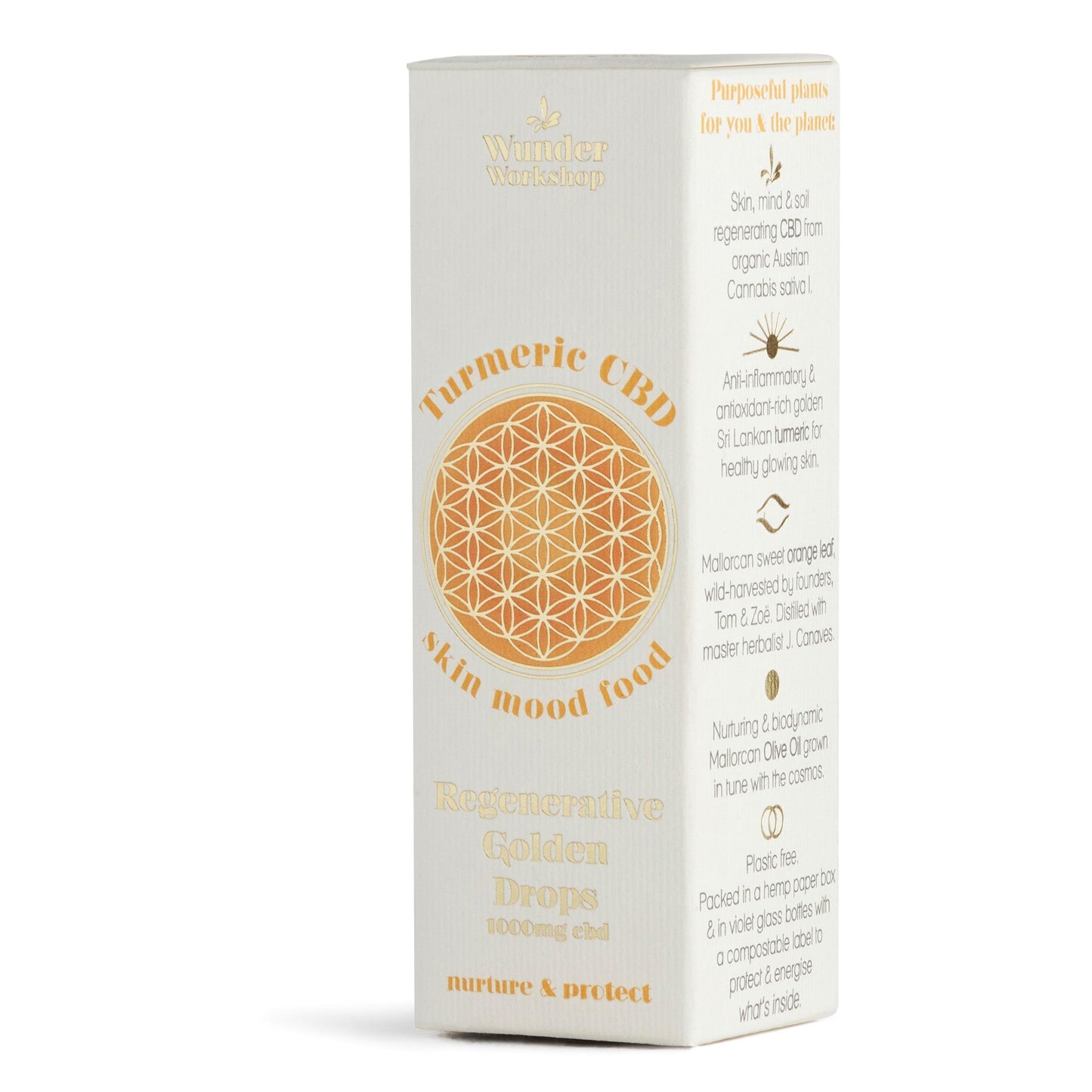Studies have found that the average attention span of humans today is shorter than a that of a goldfish. Coming in at 8.25 seconds to a goldfish's 9 seconds!
So, if you are still here that's a pretty good sign!
Clarity of mind and focus on a single task is the illusive pot of gold at the bottom of a rainbow of distractions.
Distractions which, in today's world, are abundant. We're batting away spam, and often catch ourselves in a spiral of catchy news headlines and 6 second cat videos on Instagram/TikTok. But where focus is applied, the results can be beautiful and inspiring.
To reclaim mental clarity and focus, we looked to age old herbs to combat this new age wave attack on our attention span - and we found an abundance of history and use of herbs who's powers will surprise you!
These herbs we've extracted for potency and combined to align into one powerful plant tool to boost your mental capacity, clarity and take on your biggest productivity challenges.
Here's a run down of the chosen ingredients to our Wild Wisdom and why they are here to help:
Lion's mane mushroom (Hericium erinaceus) is a shaggy, white mushroom that has been used in Traditional Chinese Medicine where Buddhist monks were known to drink Lion's mane tea for its cognitive-enhancing effects and focusing properties during meditation. Lion's mane contains compounds called hericenones and erinacines, which have been shown to stimulate the growth of nerve cells in the brain (1). Scientists believe this is why lion's mane has been shown to improve cognitive function and memory. Additionally, lion's mane has anti-inflammatory and antioxidant properties that may protect the brain from damage. Protecting neurons helps us to retain our memory for longer, making us more productive and reason faster.
Rosemary (Rosmarinus officinalis) is another herb that has been used traditionally for cognitive enhancement. It's aroma has awakening properties which can feel like a breath of fresh air directly to the brain. Rosemary contains terpenoids that can increase acetylcholine levels in the brain. Terpenoids are organic compounds that help with both protection and pollination in plants - we might associate them with the potent aromas that they release. The terpenoid content may explain why rosemary has been shown to improve cognitive function and memory in several studies (5). In one study, participants who were exposed to the scent of rosemary essential oil showed improved cognitive performance compared to a control group (6). Rosemary also has anti-inflammatory and antioxidant properties that may protect the brain from damage too (7).
Sage (Salvia officinalis) has a long history of traditional use for cognitive enhancement - in fact, many of the plants in the Lamiaceae family do. Sage also contains its own unique blend of terpenoids, which improve cognitive function by increasing the levels of acetylcholine in the brain. Acetylcholine is a neurotransmitter that plays a critical role in learning and memory (2). In one study, participants who took sage extract showed improved cognitive performance compared to a placebo group (3). Additionally, sage has anti-inflammatory and antioxidant properties that may protect the brain from damage caused by oxidative stress (4).
Lemon balm (Melissa officinalis) is a calming herb that has been traditionally used to reduce anxiety and improve cognitive function. The relationship between focus and calm is a complex one - sometimes we need a bit of fire to get going, but really it is calm that enables us to hold moments of concentration!
A study published in the journal Pharmacology Biochemistry and Behavior investigated the effects of acute administration of lemon balm extract on mood and cognitive performance in healthy young adults. The study found that participants who took lemon balm extract showed improvements in cognitive performance, including increased accuracy of attention and faster memory recall. In vitro studies have shown that lemon balm extract can inhibit the activity of the enzyme acetylcholinesterase, which breaks down the neurotransmitter acetylcholine (8). This results in increased acetylcholine levels in the brain, which can improve cognitive function by enhancing attention, memory, and learning. Lemon balm extract has also been shown to modulate the activity of the GABA receptor, which is involved in the regulation of anxiety and stress. By enhancing GABA receptor activity, lemon balm may help reduce feelings of stress and anxiety, leading to improvements in mood and cognitive performance (9, 10).
Hornbeam flower essence (Carpinus betulus) is a type of flower essence that has been traditionally used to increase mental clarity and focus. This essence is for those who find it hard getting started - the tasks are laid out in front of you, but the thought tires you before you even begin. The barrier is all mental but hornbeam essence helps to bring clarity and fortify your mind to begin, knowing that you will fulfil your tasks to the end.
In summary, sage, rosemary, lemon balm, lion's mane mushroom, and hornbeam flower essence are all traditional remedies that have been used for centuries to improve focus and mental clarity. Each of these herbs has unique properties that can enhance cognitive function and protect the brain from damage caused by oxidative stress and inflammation. Their long history of traditional use and the available scientific evidence suggest that they can be effective for improving mental clarity and focus, which is why we've included these herbs in the Wild Wisdom blend.
Still here? If so, share this post and see how long their attention span is!

References
- Mori K, et al. Nerve growth factor-inducing activity of Hericium erinaceus in 1321N1 human astrocytoma cells. Biological and Pharmaceutical Bulletin. 2008;31(9):1727-173
- Kiew R, et al. Bacopa monnieri: a systematic, collaborative review of its traditional, Ayurvedic medicinal uses, chemical constituents, and pharmacological activities. Journal of Alternative and Complementary Medicine. 2014;20(4):281-292. doi:10.1089/acm.2013.0353
- Tildesley NT, et al. Positive modulation of mood and cognitive performance following administration of acute doses of Salvia lavandulaefolia essential oil to healthy young volunteers. Physiology & Behavior. 2005;83(5):699-709. doi:10.1016/j.physbeh.2004.09.010
- Baricevic D, et al. Topical anti-inflammatory activity of Salvia officinalis L. leaves: the relevance of ursolic acid. Journal of Ethnopharmacology. 2001;75(2-3):125-132. doi:10.1016/s0378-8741(01)00197-1
- Moss M, et al. Modulation of cognitive performance and mood by aromas of peppermint and ylang-ylang. International Journal of Neuroscience. 2008;118(1):59-77. doi:10.1080/00207450601042094
- Moss M, et al. Aromas of rosemary and lavender essential oils differentially affect cognition and mood in healthy adults. International Journal of Neuroscience. 2003;113(1):15-38. doi:10.1080/00207450390161903
- Hosseinzadeh H, et al. Antioxidant activity of aqueous and methanol extracts of Rosmarinus officinalis and its quantitative estimation by using thiobarbituric acid method. Pakistan Journal of Biological Sciences. 2007;10(24):4478-4483. doi:10.3923/pjbs.2007.4478.4483
- Awad R, et al. Bioassay-guided identification of a novel anti-anxiety and cognition-enhancing plant extract from Acacia tortilis ssp. raddiana: elucidation of its action mechanism. Journal of Ethnopharmacology. 2019;236:86-98. doi:10.1016/j.jep.2019.03.031
- Cases J, et al. Pilot trial of Melissa officinalis L. leaf extract in the treatment of volunteers suffering from mild-to-moderate anxiety disorders and sleep disturbances. Mediterranean Journal of Nutrition and Metabolism. 2011;4(3):211-218. doi:10.1007/s12349-010-0045-4
- Kennedy DO, et al. Modulation of mood and cognitive performance following acute administration of Melissa officinalis (lemon balm). Pharmacology Biochemistry and Behavior. 2002;72(4):953-964. doi:10.1016/s0091-3057(02)00777-3
